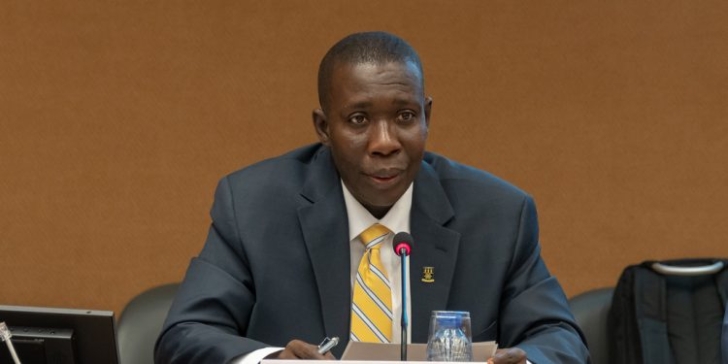
Prof Baah-Boateng urges BoG to keep cedi within narrow, predictable range to protect jobs
Economist and Vice-Chancellor of the Methodist University, Professor William Baah-Boateng, has urged the Bank of Ghana to ensure that the Ghana cedi remains within a narrow exchange rate of about three to four percent to help avoid disruptions to businesses and the wider economy.
Speaking in a radio interview with Citi FM on Monday [Oct 20, 2025], Prof. Baah-Boateng said the large swings in the value of the cedi is very unsettling for investors, distort trade decisions, and slow economic growth.
“The best situation is stability. I say three to four percent is okay, and therefore this is the band we should work with,” he said.
Prof. Baah-Boateng described the cedi’s recent movement from about GH¢12 to GH¢10 against the US dollar as too wide, saying such fluctuations breed uncertainty across the economy.
“The central bank should not allow the cedi to go up and come down. When it was around 10.5, we should not have allowed it to depreciate to 12.5 and then come back to 10.5. That kind of band is too big,” he explained.
According to him, keeping the exchange rate steady helps both exporters and importers plan effectively and prevents sudden losses or gains that distort market decisions.
He said the exchange rate target should reflect Ghana’s economic fundamentals, including commodity prices and the central bank’s foreign reserves.
“You can calculate it based on the structure of the economy and the fundamentals. If you are not subject to global price volatility, then you are good to go. It will also depend on the reserve that the central bank has,” he said.
Prof. Baah-Boateng also supported President Mahama’s recent call for the cedi to be kept within a five-percent volatility margin but suggested tightening it further to maintain predictability.
“I agree with what the President said, that keeping volatility within five percent will help government and the central bank plan and stabilise the economy. That is what everybody wants,” he said.
He added that keeping the cedi within a narrow and predictable range would protect jobs, preserve export competitiveness, and strengthen public confidence in the economy.
“When it depreciates within that band, some will complain. When it appreciates, others will enjoy. But too much movement in either direction hurts everyone. Stability is the best,” he added.